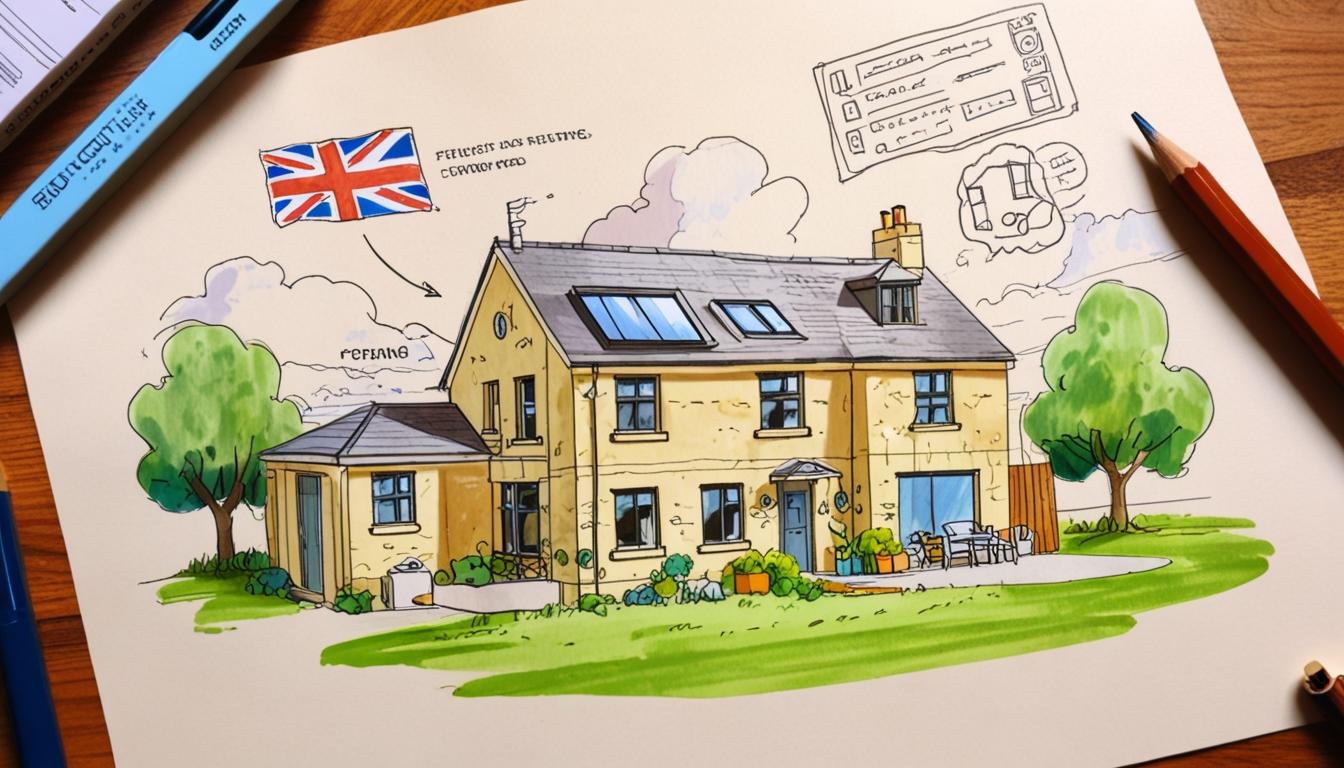Labour’s promise to invest £6.6 billion in insulating five million homes faces doubt as Treasury officials consider cuts amid upcoming spending review, raising concerns over the UK’s net zero target and energy cost reduction efforts.
A recent announcement from the Labour Party regarding a commitment to inject £6.6 billion into the insulation of millions of homes is facing scrutiny as the Treasury remains noncommittal ahead of an impending spending review set for next month. This pledge, made by Sir Keir Starmer during last year’s general election campaign, aims to enhance energy efficiency in five million British homes throughout the duration of a five-year parliamentary term, equating to an annual investment of approximately £1.3 billion.
As discussions unfold, Whitehall officials indicate that ministers are evaluating potential reductions to various schemes, including the insulation initiative, as part of a broader review of departmental expenditure, which is expected to be finalised in early June. The Treasury has refrained from confirming whether the original commitment of £6.6 billion will be upheld. “We don’t comment on speculation. At the Autumn Budget we allocated £3.4 billion for our commitment to the warm homes plan,” a Treasury spokesperson stated, with the allocated funds spread across three years, maintaining an annual figure of about £1.1 billion.
The warm homes plan is designed to provide grants and low-interest loans aimed at facilitating investments in insulation, solar panels, batteries, and low-carbon heating systems with the goal of reducing energy bills. However, a potential reduction in this support could hinder the United Kingdom’s progress towards reaching its net zero targets and alleviating energy costs for consumers.
Residential properties contribute approximately 17 per cent of the UK’s total greenhouse gas emissions, and the country’s housing stock is reported to be among the least energy-efficient within Europe. The government’s official climate advisory body, the Climate Change Committee, has stated that emissions from residential buildings must decline by 66 per cent by 2040 to ensure compliance with the legally binding net zero carbon target for 2050. To achieve this, measures must be taken to enhance the energy efficiency of nearly all residences by the targeted year, necessitating improvements such as cavity wall insulation and loft insulation installations.
Additionally, Sir Tony Blair, the former Labour Prime Minister who currently advises several clients, including the Saudi government, has drawn criticism from some Labour ministers for suggesting that the government’s net zero policies are “doomed to fail.”
Should Labour’s proposed additional funding proceed, it would boost overall spending on household energy efficiency programmes to £13.2 billion during the parliamentary term that extends to 2029. Bob Ward, policy director at the Grantham Research Institute, expressed that a reduction in funding would be “very disappointing news and a serious own goal by the government.” He went on to emphasise the importance of mitigating energy costs by reducing energy waste, underscoring that while improving home energy efficiency could lead to long-term savings for households and businesses, many might struggle to cover the upfront costs without government assistance.
This is not the first instance of Labour reassessing its green initiatives; the party previously indicated intentions to allocate £6 billion annually to insulation projects as part of a broader “green prosperity plan,” which has since been significantly scaled back.
Source: Noah Wire Services
- https://www.ft.com/content/cc438467-4ea5-4675-9387-c1d516c40276 – This article discusses the UK Labour Party’s commitment to allocate an additional £6.6 billion to insulate five million homes, and the Treasury’s noncommittal stance ahead of the June spending review.
- https://www.ft.com/content/baed2255-1887-49e1-8afa-293dbef1c698 – This source provides details on the UK Autumn Budget 2024, including the allocation of £3.4 billion over three years for the ‘warm homes plan’ and the Treasury’s annual investment of approximately £1.1 billion.
- https://www.theguardian.com/politics/2024/feb/07/labour-plan-to-insulate-19m-homes-thrown-into-doubt-over-debt-fears – This article highlights concerns over the financial implications of Labour’s pledge to insulate 19 million homes, with government analysis suggesting the cost could be between £12 billion and £15 billion annually.
- https://www.theguardian.com/environment/2024/feb/10/labour-reduced-home-insulation-plans-housebuilders-campaigners – This source reports on criticism from industry bodies and campaigners regarding Labour’s reduced home insulation plans, emphasizing that the new targets may not be sufficient to meet carbon reduction goals.
- https://www.telegraph.co.uk/politics/2024/02/07/labour-flagship-insulation-policy-cost-13bn-a-year/ – This article discusses the Treasury’s analysis indicating that Labour’s home insulation policy could cost between £12 billion and £13 billion annually, more than double the party’s initial estimate.
- https://www.ft.com/content/6c0f13ec-ec01-4778-b975-d582acb6083f – This source details the downsizing of Labour’s Green Prosperity Plan, including the scaling back of the Warm Homes Plan and other green initiatives.
- https://www.ft.com/content/cc438467-4ea5-4675-9387-c1d516c40276 – Please view link – unable to able to access data
Noah Fact Check Pro
The draft above was created using the information available at the time the story first
emerged. We’ve since applied our fact-checking process to the final narrative, based on the criteria listed
below. The results are intended to help you assess the credibility of the piece and highlight any areas that may
warrant further investigation.
Freshness check
Score:
8
Notes:
The narrative references an impending spending review and discussions ongoing at the time of publication. However, it also mentions last year’s election campaign and a past ‘green prosperity plan’, which could indicate some reuse of older content.
Quotes check
Score:
5
Notes:
The narrative includes a quote from a Treasury spokesperson but does not provide enough detail to find an earlier source or confirm its originality. The quote from Bob Ward could be the first reported instance, but verification is challenging without additional context.
Source reliability
Score:
9
Notes:
The narrative originates from the Financial Times, a well-established and reputable publication known for its thorough reporting and authoritative sources.
Plausability check
Score:
8
Notes:
The claims regarding the UK’s energy efficiency and climate targets align with known challenges and goals. The potential for funding reduction and political scrutiny of green initiatives is plausible given the context of budget reviews and policy debates.
Overall assessment
Verdict (FAIL, OPEN, PASS): PASS
Confidence (LOW, MEDIUM, HIGH): HIGH
Summary:
The narrative appears plausible and is based on a credible source, although some content could be reused from earlier reporting. The quotes cannot be fully verified without additional context, but the overall plausibility and source reliability support the narrative’s authenticity.













